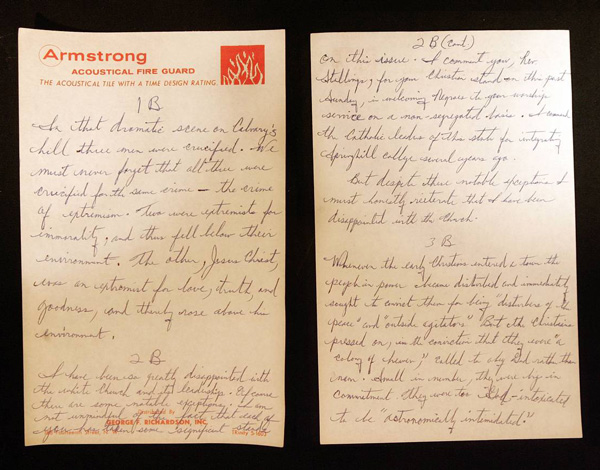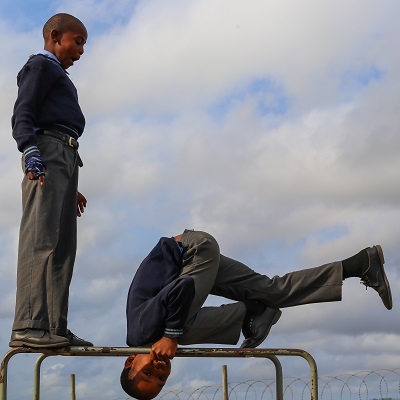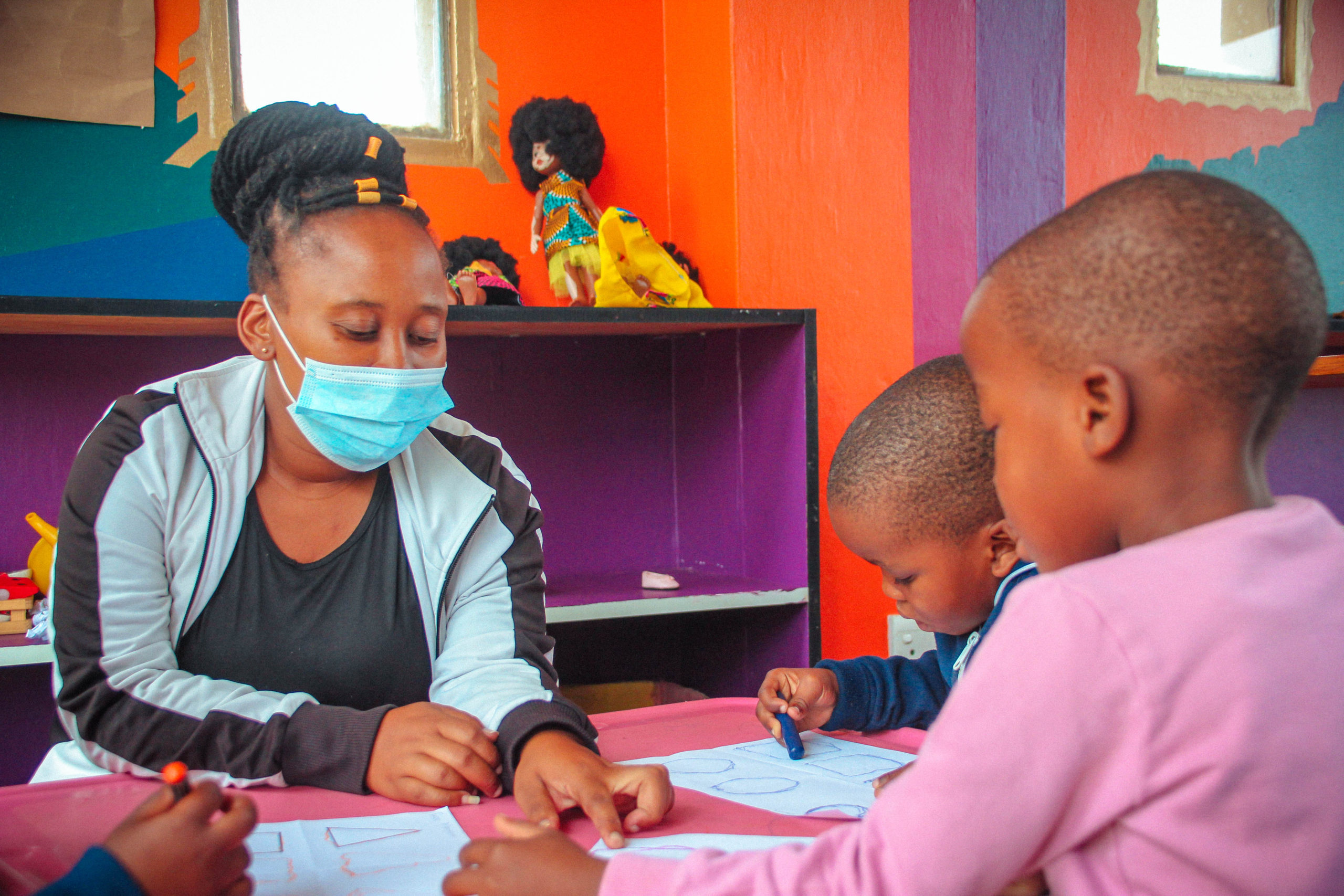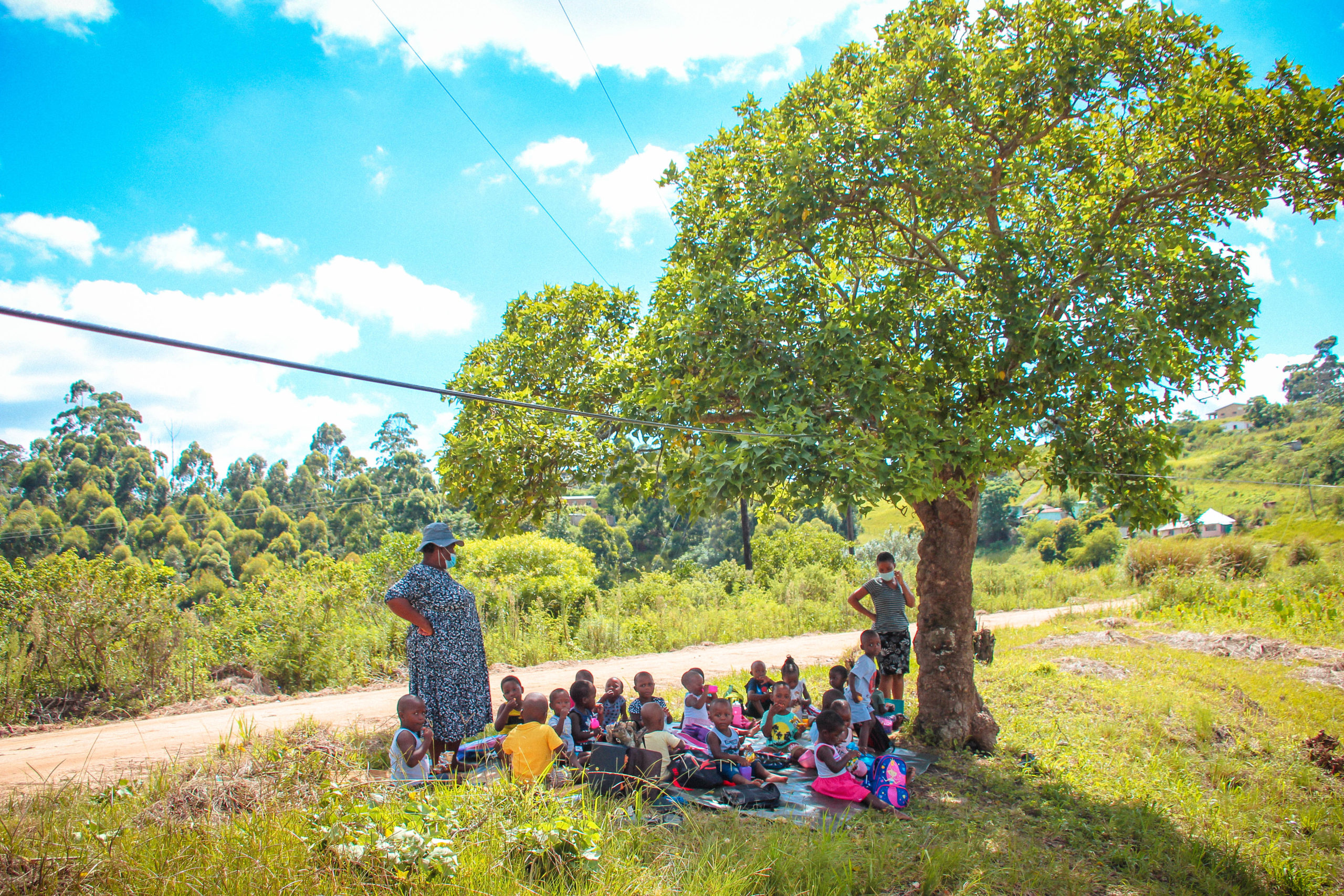The hero is always a deviant and to some, he is a rebel. When scientist, astronomer and inventor Galileo Galilei claimed the earth was not the central point of the universe, but that it moved around the sun, he contradicted the teachings of the bible and the public statement of the church. He stood trial for heresy and was sentenced to life imprisonment. In defiance of the Roman Empire, Spartacus, an influential leader of the Third Servile War in 73 BC, attempted to lead many enslaved people to freedom. In the United States, when instructed to sit in the back of the bus, Rosa Parks refused. Her arrest in 1955 inspired Martin Luther King Jr.’s bus boycott, which asked all black citizens to not use the bus system in Montgomery, Alabama until they were desegregated – a small gesture that grew into the Civil Rights Movement. Mohandas Gandhi shook the foundations of the British Empire in the fight for India’s independence and was regarded by British Prime Minister Winston Churchill as seditious, a close synonym to rebellious.
In these real life examples, the seditious, resistant, defiant, and non-conforming rebel is the true hero and it is often the same in movies, comics, and literature. What if we all saw society through a lens that focused on the common good of all persons? What if we, ourselves, were rebellious? What if we were admired for it?
Modern day definitions and usage of the word portray rebelliousness most associated with adolescent curiosities or experimentation and therefore implies that a loss of control, structure or guidance, in any context, is straying too far down the wrong path. It categorizes groups, such as skateboarding, artists, or punk music, as rebellious in nature because they are different. This popular definition depicts the rebellious person as an enemy who must be controlled, rather than as a critical thinker, revolutionary or as a catalyst for thoughtful deliberation and debate.

So, let’s redefine rebelliousness. Looking at the hero as a rebel does not have to be grandiose, it also suggests a simpler description of the word. Rebelliousness can be fulfilling the responsibilities of a virtuous citizen in situations where following a ‘rule’ or acting in conformity with the rest of society is harmful to others. In Letter from Birmingham City Jail, Martin Luther King Jr. says “one has a moral responsibility to disobey unjust laws.” Furthermore, if power is gained through force, trickery, or by holding people under one’s control, then we have a responsibility to be resistant for the common good of all people.

Our After-school Programmes’ Creative Learning Curriculum (CLC) explores rebelliousness by looking at these prominent historical figures and discussing how they made a difference in society. We also look at the concept of a “hero” by encouraging children to understand that ‘everyday’ people who do the right thing without any recognition are also heroes. Children create a hero book where they showcase the heroes in their lives and how they personally have solved problems, too. We discuss perspectives and the differences among people that may cause conflict or misunderstanding in our society through the book, “They All Saw a Cat” by Brendan Wenzel whose illustrations show the various biological views each animal sees a cat (i.e. a snake sees a combination of light receptors, but not colour and a bird sees the cat from an aerial view). Finally, we examine the danger of a person who is always conforming, who Dr. Martin Luther King explains is “more devoted to ‘order’ than to justice; who prefers a negative peace which is the absence of tension to a positive peace which is the presence of justice.”[5] The CLC relates this back to real life situations where children in Thanda might face the choice between following a group or resisting status quo, thinking about examples such as xenophobia, racism, and homophobia building discussions through artists like Keith Haring and Ai Wei Wei.
In redefining rebelliousness, we come to a realization that preceding acts of rebellion is progress. The rebellious person drives social change and fights for the well-being of the group. Nelson Mandela stood up for what was right and ethical, even when this defied the laws and societal standards of his time. In doing so, he was held prisoner for 27 years and stated in his book Long Walk to Freedom that, “the authorities believed isolation was the cure for our defiance and rebelliousness.” They had not yet figured out; his rebelliousness was his strength.





